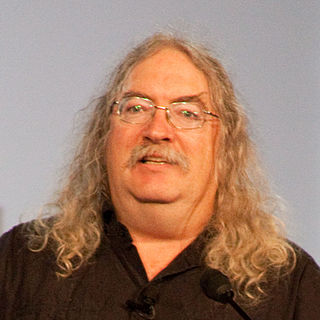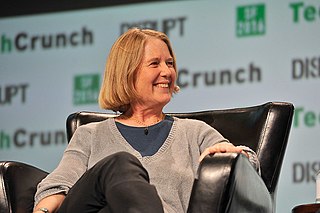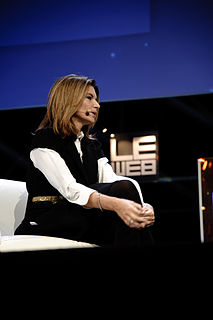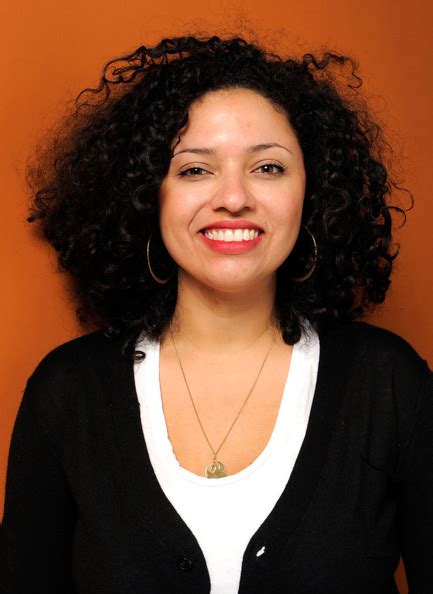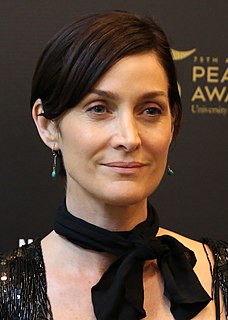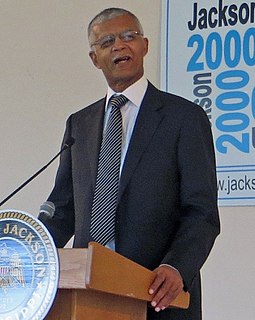A Quote by Elliot Grove
Invest in learning and discovering new filmmaking techniques is the next keystone to success. Film is changing rapidly right now. The last big change was the introduction of sound. This time around it is movies on th internet and mobile telephones.
Related Quotes
When you look around right now, Nashville is kind of going through another changing of guard; you're watching the Martina McBrides and the Faith Hills and all of them that have been the big stars for the last however many years, and the next generation is coming in: Miranda Lambert, Carrie Underwood, those girls.
E-learning as we know it has been around for ten years or so. During that time, it has emerged from being a radical idea---the effectiveness of which was yet to be proven---to something that is widely regarded as mainstream. It's the core to numerous business plans and a service offered by most colleges and universities. And now, e-learning is evolving with the World Wide Web as a whole and it's changing to a degree significant enough to warrant a new name: E-learning 2.0.
Our film [Hide and seek ]was created as part of the Asian American Film Lab's 11th 72 Hour Film Shootout filmmaking competition, where filmmaking teams have just 72 hours to conceive, write, shoot, edit and submit a film based on a common theme. The winners were announced during the 38th Asian American International Film Festival in New York last July. The theme for 2015 was 'Two Faces' and was part of a larger more general theme of 'Beauty'.
One of my goals is that, at a dinner party some time in the future, someone will say, 'Oh, my nephew is starting a ready-to-wear brand', and 20 people will turn around and say, 'Is he? Can we invest?' in the same way that, now, if you were to say, 'My nephew is starting a mobile app,' everyone would say, 'Oh, smashing! Can I invest?'
We need to take a step back and realize that what happened in the 1950s, when he started his career, is exactly where we are today. Everything goes in a cycle, and right now, distribution is changing. Audiences might be kind of sick of these giant blockbuster movies with all these special effects where blue people are running around and the hero is some non-human entity. These are all great movies, but I think that there's definitely room for new voices to come out.
Change is never fast enough to satisfy us. I still hear too many stories of women who go back to work too soon, but I do believe that we have been able to change the paradigm in attitudes towards family leave in that it's no longer a nice thing to do for women, it's a must do for competitiveness, and that's a big change over the last seven years. Changing it into an economic issue is a big sea change in the last seven years.




